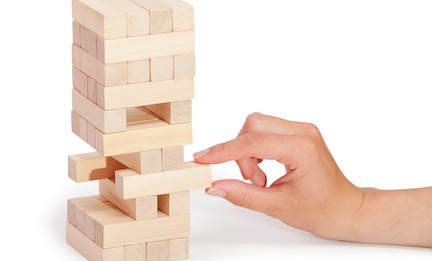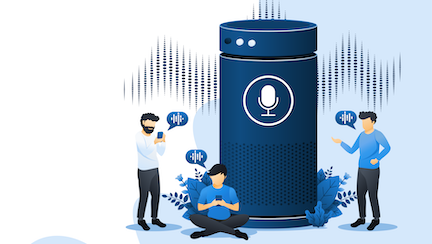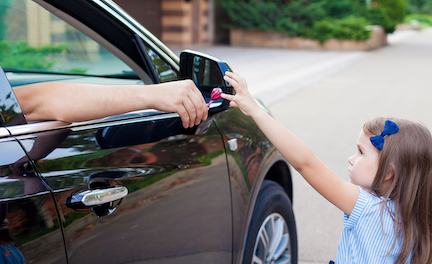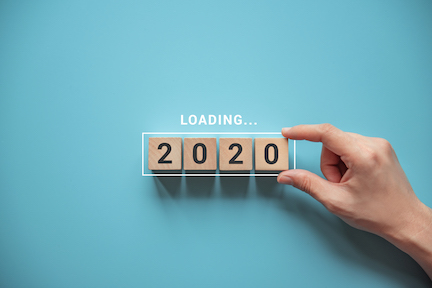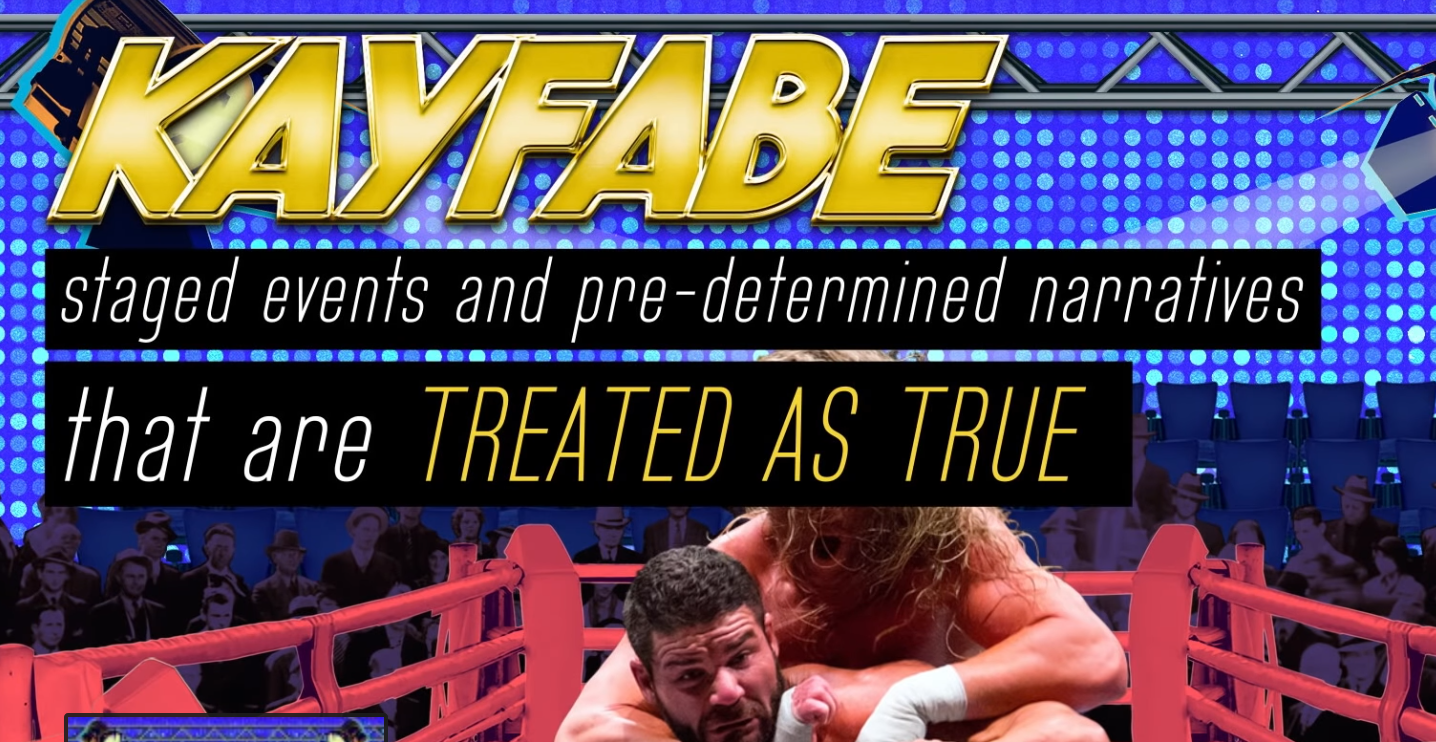
Is mindfulness going the way of bottled water?
What do I mean by saying that mindfulness is going the way of bottled water?
I’m not attacking mindfulness. I fully believe in the power and benefits of mindfulness. I also believe in the awesomeness of water (yea, not afraid to say that). Both are important for living a happy, healthy life.
Mindfulness and water are both very simple and very free.
However, when someone is looking to monetize them, especially at scale, one quickly finds that “simple” and “free” are characteristics that don’t make for a hugely profitable business model.
As a result, marketing is introduced to alter and sell a version to customers that:
- Disconnects them from its original simple and personal perception, so you feel you need paid help.
- Disconnects them from the perception of free, so you will spend money that you wouldn’t before.
- Instead of talking about deep benefits or roots, focus on a vague benefit to make it more accessible to a mass market.
Fitness works like this. Instead of you just taking a walk to get in shape, the fitness industry tells you the need the Adominizer 3000, or Burn-Away power drinks. Eventually creating the idea that health is something you buy. The same has happened to another very simple idea. Water.
Paying for water?
Twenty years ago, most would laugh at the idea of buying water from a store for casual purposes. Especially when you have plenty of tap water at home.
But, thanks to marketing, the world now spends over $100 billion a year on bottled water. And while the U.S. boasts high-quality tap water, bottled-water brands have multiplied like gremlins with (“artisanal? H2O is H2O.) names like Evian, Fiji Natural Artesian Water, Nestle Pure Life, Voss, and Mountain Valley Spring Water to name a few.
These are bottled water brands with the benefit of saving me from…what? Keeping my money? Yet many consumers swear by bottled water. Including loyalty to some brands with questionable superiority (some are from the same water sources as tap water. Hello Aquafina). Yet the marketing has worked to the point many consumers shun tap water for brands they “feel” are better.
These marketing trends may now be focused on mindfulness.
This article from the Guardian argues that the concept of mindfulness is going the same path. That mindfulness is now commercialized as a broad, generic lifestyle that strips away tenements of Buddhism to be more sellable. In addition, mindfulness experiences and teachings seem to be devolving into different brands.
The commercialization of mindfulness has two potential value losers.
The first: those who find the history, best practices and goals around mindfulness becoming almost unrecognizable in the commercialized versions. Especially apps and services that fail to support ideas and values strengthened through mindfulness. Principles including avoiding attachment, building ethical perspectives and forging self-control through mental focus and clarity.
The second: Principles that originally made mindfulness great and enlightening are getting lost in the handoff to the next generation. The rise of smartphone apps often tend to focus on mindfulness as medication or a brain hack to support the self-centered activities they already do.
And that handoff from the previous generation to the new is how the laughable idea of paying for water becomes the norm. Or how mindfulness, at the linked article implies, evolves to become “McMIndfulness.”
How do you avoid the commercialization of mindfulness?
For those wanting to explore mindfulness, these apps and services available can absolutely be helpful tools.
As tools, they can help you understand the steps to getting to mindfulness. But like tools, they are only as good as the person who uses them.
What these tools may not do is help you build an understanding of what to do with your developing mindfulness skills. Kinda like nuclear power. Depending on how you decide to use it and apply your values, you can power a city or destroy one.
But before you use mindfulness apps, seek out the history behind mindfulness. Take time to learn why people seek and find value in mindfulness. Come to the apps with some experience and perspective on the broader ways to use mindfulness to improve your life. Then, you’ll use the apps better to create a better non-McMindfulness experience.



